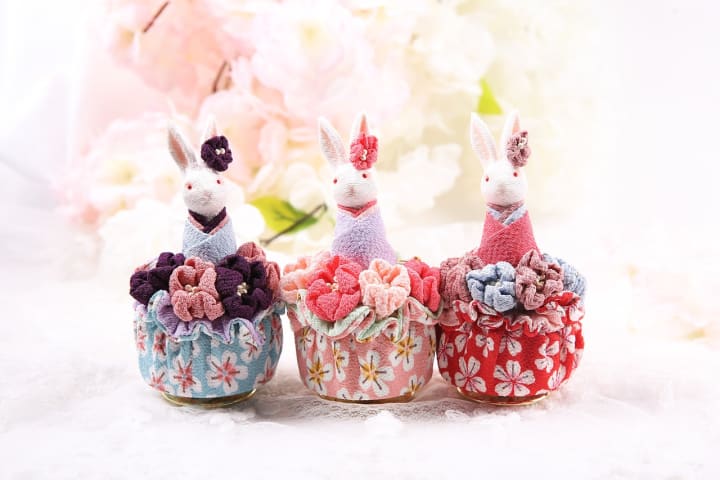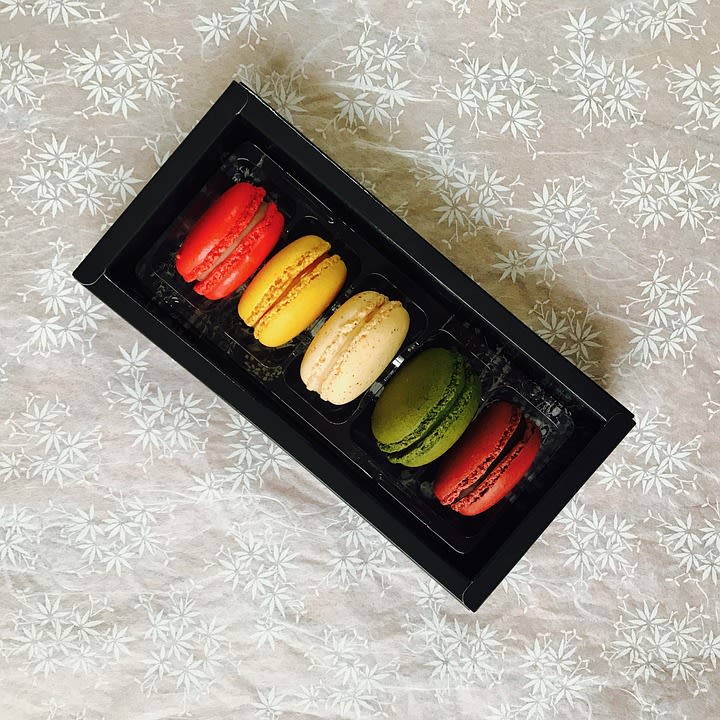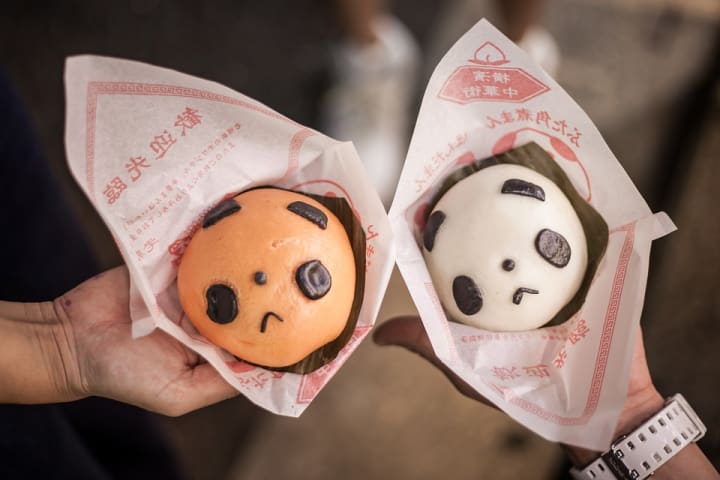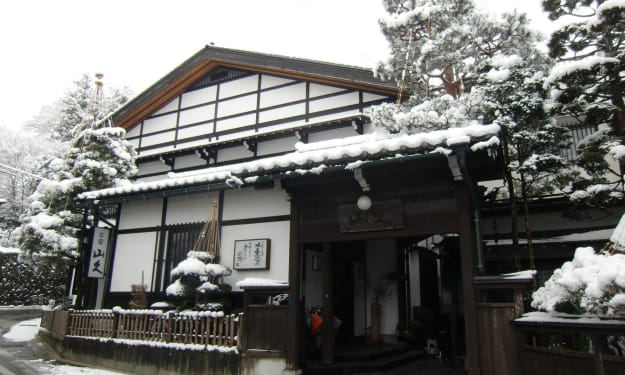The Custom of Omiyage in Japan
How Souvenirs Bridge Relationships

While Japan is known as a busy and confusing land, filled with technology, amazing food, bright lights, and friendly people, few people actually know of the Omiyage or gifts given when you travel. While the western world does have something similar in souvenirs, Omiyage are different in a number of ways.
1. Omiyage are not optional.
While you might think that you don't have to get a souvenir when you travel or that your friends will understand, and that is true in western countries, it is not in Japan. Omiyage purchasing is just as important a part of traveling as eating local food or taking pictures. Omiyage are expected, but that also means that you will get them when your friends travel. This is especially true if you are staying with someone, even for a day.
Some people even buy Omiyage for the owners of traditional inns that they stay at. You bring them to visit your family, you bring them to your friends at school, you even bring them to your co-workers. If you don't bring them with you when you return, you will be seen as rude and will generally not be looked well upon. This is even true when you are younger, and there are Omiyage that are aimed at children.

2. Omiyage determine relationships.
When you don't bring an Omiyage to someone it basically says that they aren't important in your life. This is because these items are meant to be purchased when you think of your friends, family, co-workers, or whoever else you are buying them for. They capture the feeling and emotion of the time, and are happily given. You never just throw them at someone, you write a nice note, present it along with the gift, and ensure that the person getting the gift knows that you got it on your travels.
Because of this, you can literally define the people that you consider your friends or not with these souvenirs. When you bring one of these gifts to someone they know that you think highly of them. This is why it is so important to give them to your co-workers and your boss, to show the harmony within your work relationship.

3. With Omiyage, it is not the thought that counts.
While you may have heard that it is the thought that counts when you are giving gifts, this is not the case with Omiyage. In fact, anything that is homemade, cheap, not specifically created to be given as a souvenir, or not individually wrapped is a bad idea to give. This is because the role of Omiyage and the way that they look has been heavily defined within Japanese society, making their exchange more ritualistic than other forms of gift giving.
You can buy items that have been made by hand, but they must be made by someone else and they must fit within all the other important categories that Omiyage fill. You are safest buying something edible and this is the most common option available.
Thankfully, every place that you visit in Japan will have a shop or an area that only sells Omiyage. They will even be labeled, usually in several languages, making it clear that they are appropriate to give as gifts.
The most important part of one of these gifts is the way that they look. So you should look through those that are offered and see which ones fits best with the personalities or interests of the person you are getting them for. Don't get a Pokemon Omiyage for an older person, and don't give your boss a gift that you could imagine giving to your best friend. You should pay careful attention to the people that you are getting gifts for, proving that you value them as individuals.

4. Omiyage are area specific.
Each area that you go to in Japan will have something that they are famous for. Areas in the south are often famous for certain types of fruit, while more rural areas might be famous for a special way of preparing fish. This means that the Omiyage in each area are different and themed around different ideas. You can't leave an area and expect to get appropriate Omiyage at the next area you visit. This helps keep the economy stable in tourist areas, but also helps foster an appreciation for the local goods among people who may never visit the area.
If you are buying gifts overseas, this makes it rather easy to pick out Omiyage. You simply need to think of what the area is most famous for and find something to represent that idea. For example, if you are traveling to a university, such as Harvard, you would get gifts that have the word Harvard on them. If you travel to a beach you get gifts that are either made from things on the beach or look like the beach.

5. Omiyage don't have to be expensive.
While most people have heard of melons that cost $400, mangoes that cost $200, and gift packs that can cost over $1000, you don't actually have to spend that much on Omiyage. The average item is going to cost around $20, but there are also small items that will cost between $3-$7. The most common place to find small but appropriate offerings are the local shrines and festivals. These will generally offer small items, wrapped in area specific paper so that the person receiving it knows where it is from.
The most important thing when choosing these smaller Omiyage is to still keep in mind the relationship between you and the receiver. You will always want to buy something pre-wrapped, such as a sealed fruit or pre-made Omiyage set for your boss, your co-workers who you aren't close with, any host family you are staying with, or someone with higher social standing. However, your friends, your host family's children, co-workers that you know well, and anyone else who has asked for a gift is more than acceptable to give one of these smaller gifts to.
Hopefully, this guide makes it a little easier to understand when and why you need to get Omiyage in Japan. Don't worry too much about them. As long as you get them for anyone you feel like you have a relationship with, you make sure they are individually wrapped, you hand them directly to the person and either write a note or tell them about the area, and you have considered the person's personality, you should be more than okay.
About the Creator
Jessica Riffle
33, First Nation's in diaspora from home. Mother of cats. Prone to random relocation and mood changes.Business inquiries; [email protected]






Comments
There are no comments for this story
Be the first to respond and start the conversation.